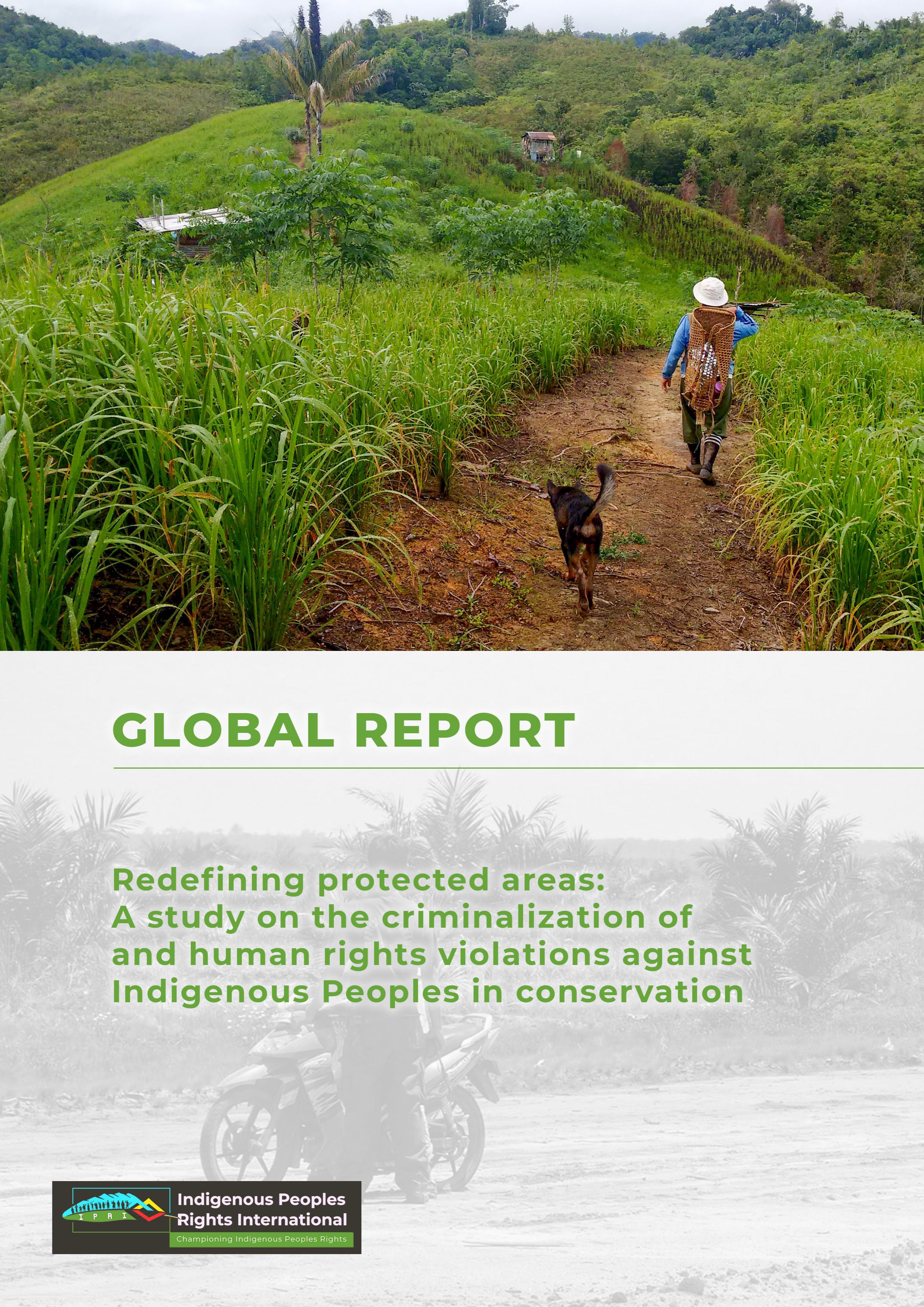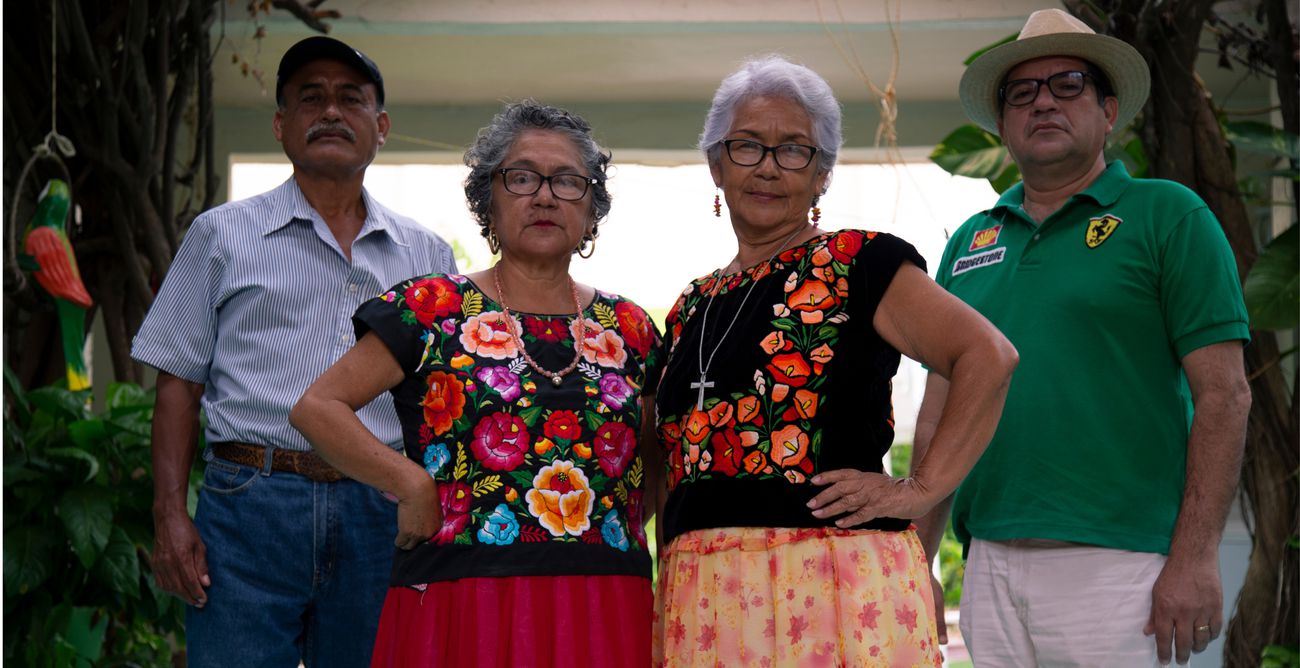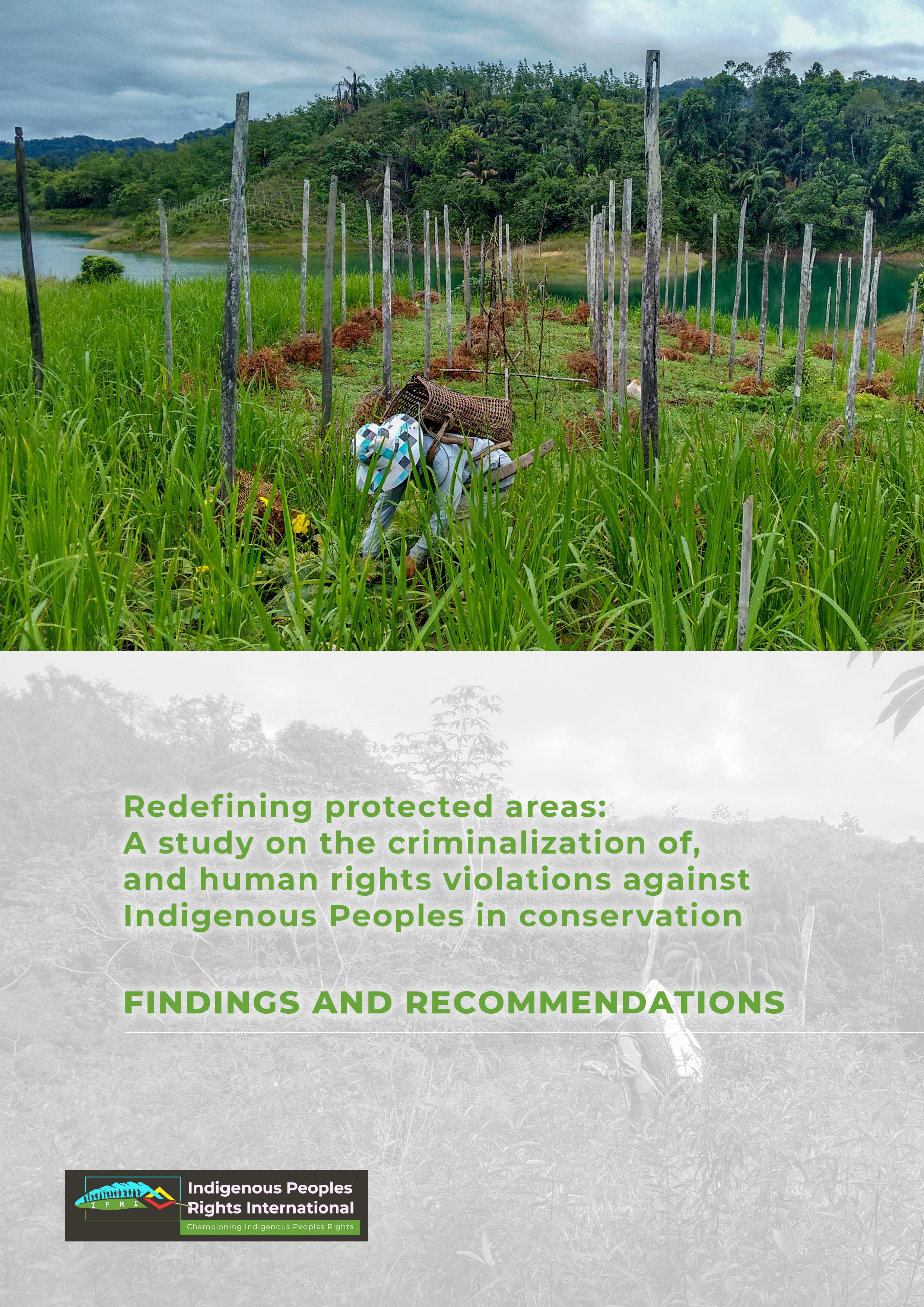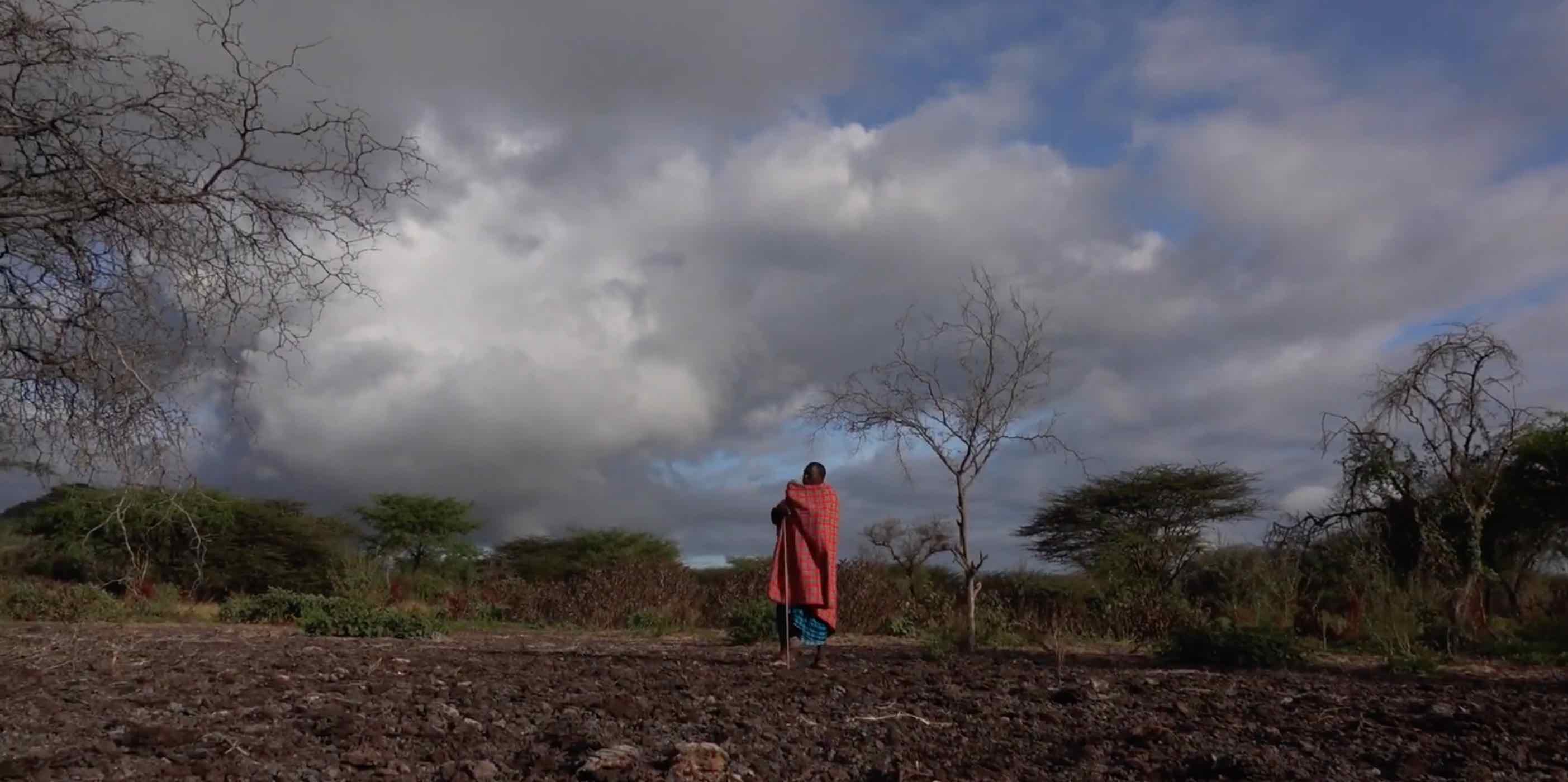- Details
Discrimination against indigenous women and girls must be understood taking into consideration the multifaceted nature of their distinct identity… Indigenous women and girls…and worldview as part of their identity and well-being.
- Details
Tracing its roots to colonialism, the prevailing conservation model — often described as exclusionary conservation or ‘fortress conservation’—regards humans as separate from nature. It is a top-down conservation approach that views the people who have traditionally occupied, owned or used these lands as a threat to its sustainable wildlife and natural resource management. This has led to a number of criminalization, killing, enforced disappearance, violent eviction and displacement of Indigenous Peoples. Indigenous women are affected disproportionately and face higher risk of gender-based violence during incidents of eviction and displacement.
- Details
IPRI, in partnership with Business and Human Rights Resource Center, PRODESC, Frontline Defenders and the ALLIED coalition, produced a policy brief: ‘‘Hearing the human: Ensuring meaningful due diligence legislation effectively amplifies the voices of those affected by irresponsible business’. The full policy brief is available in English and Spanish.
- Details
As part of its advocacy against the criminalization of and human rights violations against Indigenous Peoples, the Indigenous Peoples Rights International (IPRI) is committed to contribute in advancing a human rights-based approach to conservation. With this objective, we have initiated a research study on this issue and commissioned global and country reports covering the Democratic Republic of Congo, Kenya, Tanzania, Nepal, and Thailand.
- Details
As part of its work to confront criminalization of, and human rights violations against Indigenous Peoples, Indigenous Peoples Rights International (IPRI) decided to contribute to the ongoing calls for a human rights-based approach to conservation. As a start, we conducted a research study on the issue and commissioned global and country reports covering Democratic Republic of Congo, Kenya, Tanzania, Nepal, and Thailand. Each report is published independently and can be read as stand-alone publications.










